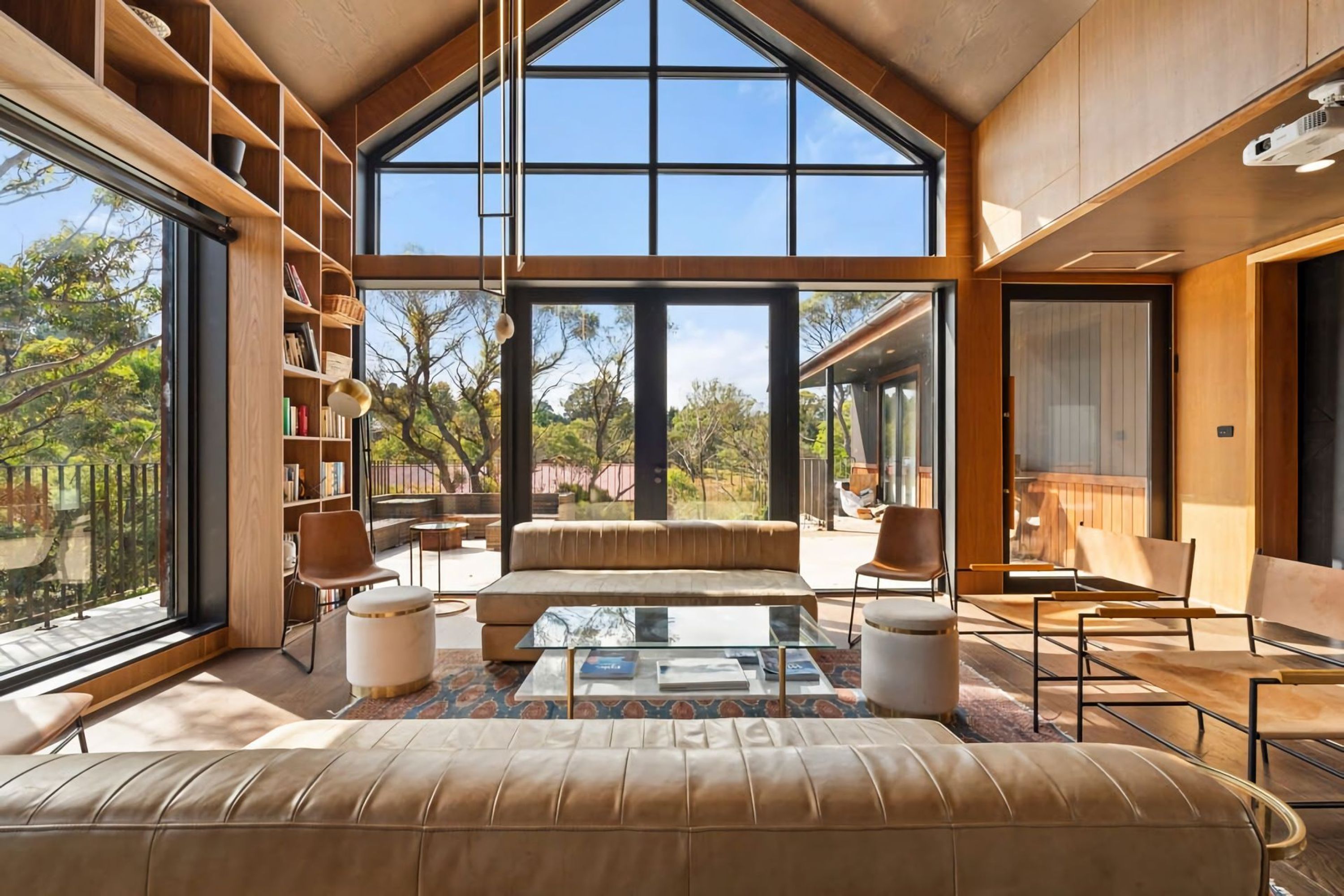
The Costs Of Managing An Airbnb Property
Short-term rental platforms such as Airbnb have become increasingly popular among property owners aiming to boost their rental income. With the global reach and growing demand for flexible accommodations, many are exploring the potential benefits of this investment. However, understanding the costs of managing an Airbnb property is crucial before entering this market. From cleaning fees to maintenance expenses, managing these expenses effectively is key to ensuring your short-term rental venture remains viable.
How Does Airbnb Work for Owners?
Short-term rental platforms offer property owners a way to reach a global audience and maximise their occupancy. From an owner’s perspective, these platforms provide a streamlined process for listing properties, managing bookings, and handling payments. However, the responsibilities that come with managing a short-term rental are substantial. Owners are required to maintain high standards for guest satisfaction, which includes timely communication, coordinating check-ins and check-outs, and addressing any issues that arise during a guest’s stay.
Additionally, managing the day-to-day operations of a rental property demands significant time and effort. Tasks like cleaning, maintenance, and restocking supplies can become overwhelming, particularly during peak seasons. This can impact the owner’s time and resources, making it crucial to consider whether to manage the property independently or enlist the help of a professional management service.
Costs Involved in Managing a Short-Term Rental Property
Managing a short-term rental property involves several costs that can quickly add up. One of the primary expenses can be cleaning. Ensuring your property is spotless for each guest is essential, and this often requires professional cleaning services, which can be a recurring and significant expense. Maintenance costs are another critical factor, as regular upkeep is necessary to keep the property in top condition. This includes everything from routine repairs to replacing worn-out furnishings.
Listing and marketing expenses are also crucial. To attract guests, your property needs to be visible on multiple platforms, which may involve paying for premium listings or investing in professional photography and advertising. Additionally, the platforms themselves typically charge fees or commissions on each booking, which can range from 3% to 20% of the total booking amount.
Finally, the time investment required for guest communication and management should not be overlooked. Handling inquiries, coordinating check-ins, and addressing guest concerns can become a time-consuming aspect of managing a short-term rental. For many owners, this cumulative impact is a significant factor in deciding whether to manage the property themselves or seek professional management services that can help optimise operations and reduce the workload.
How Property Managers Can Help Manage Costs and Improve Yields
Short-term rental property managers can play a crucial role in optimising both the management process and the profitability of your rental. These professionals bring expertise in handling the many operational aspects of a rental property, from regular cleaning and maintenance to guest communication and dispute resolution. By using their services, property owners can significantly reduce the time and effort required to manage their properties while ensuring a high standard of service that keeps guests satisfied.
In addition to saving time, property managers can help minimise costs through established vendor relationships and bulk pricing for services like cleaning and maintenance. They also utilise dynamic pricing strategies, adjusting rates based on market demand, seasonality, and local events to maximise occupancy and revenue. This approach ensures that the property is competitively priced, attracting more bookings and maximising yields. By managing the intricacies of short-term rentals, professional managers can turn a potentially overwhelming venture into a profitable, hands-off investment.
What Do Short-Term Rental Property Managers Charge?
When considering professional management for your short-term rental, understanding the fee structures commonly used by property managers is crucial. Typically, short-term rental property managers charge either percentage-based fees or flat-rate fees for their services.
Percentage-Based Fees: This is the most common structure, where managers charge a percentage of the rental income, typically ranging from 15% to 30%. This fee usually covers a comprehensive range of services, including guest communication, cleaning coordination, maintenance, and sometimes even marketing and dynamic pricing. The advantage of this model is that the manager’s income is directly tied to the performance of your property, incentivizing them to maximise bookings and revenue.
Flat-Rate Fees: Some managers offer a flat-rate fee structure, where you pay a fixed monthly amount regardless of how much income the property generates. This model can be beneficial for properties with consistent bookings, as it provides predictable costs. However, it might not be as advantageous during off-peak seasons when the property might not generate enough income to justify the flat fee.
AirKeeper, for instance, offers a competitive pricing structure that is transparent and tailored to the needs of property owners. By choosing AirKeeper, you gain access to a full suite of management services designed to maximise your rental income while reducing the time and effort required to manage the property. This makes it easier for owners to enjoy the benefits of short-term rentals without the associated stress.
Understanding the costs associated with managing a short-term rental is key to making informed investment decisions. With the right management, your property can be a profitable venture with minimal stress. Consider partnering with AirKeeper to optimise your rental income and reduce your workload. Contact us today for a free appraisal.